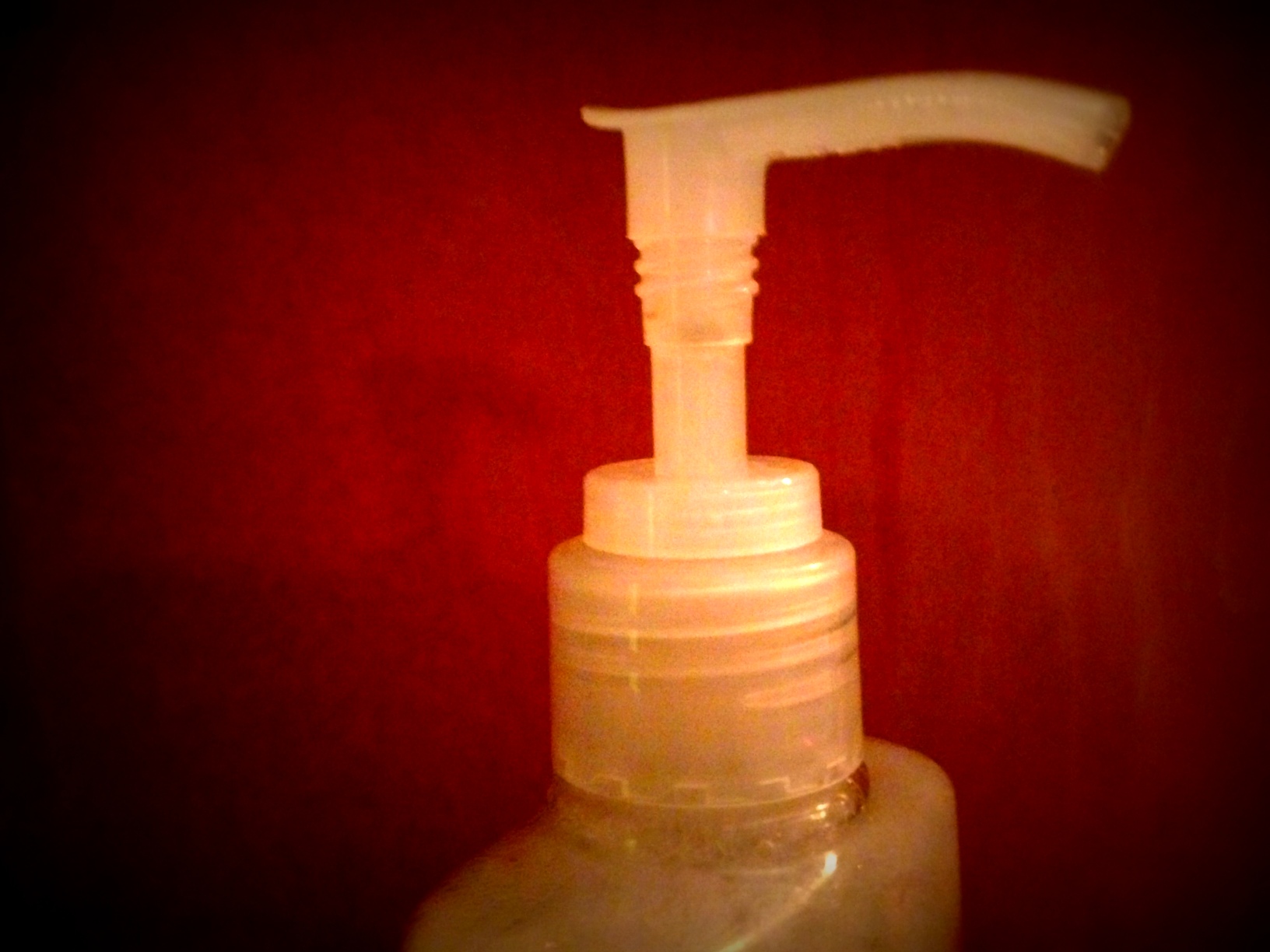Podcast: Play in new window
BOB HIRSHON (host):
Trouble with triclosan. I’m Bob Hirshon and this is Science Update.

A anti-microbial agent used in household products may actually help Staph
bacteria colonize people. This according to University of Michigan developmental
biologist Blaise Boles. He explains that with enough exposure, triclosan works its
way into people’s bodies.
BLAISE BOLES (University of Michigan):
And our results showed that if a person had triclosan in their nasal secretions, they
were about twice as likely to have the bacterium Staphlococcus aureus in their
nose.
HIRSHON:
What’s more, exposing lab rats to triclosan made them more vulnerable to Staph
infections. Other evidence indicates that in low concentrations, triclosan can, in
fact, help some bacteria rather than kill them. And while nasal Staph bacteria aren’t
usually a big health risk, they can threaten patients weakened by other illnesses,
and increase the chance of post-surgical infections. I’m Bob Hirshon for AAAS,
the Science Society.
